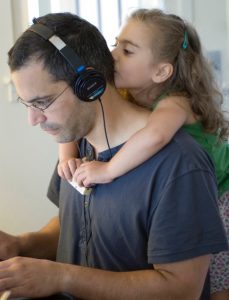What language do they speak in Angola?


Angola is in southwestern Africa, known for its rich cultural heritage and diverse population. The government has a complex history, having been colonized by Portugal for over 400 years before gaining independence in 1975. Today, Angola is home to over 30 ethnic groups with unique cultures, traditions, and languages.
Official Language
Angola’s official language is Portuguese, inherited from the country’s colonial past. Portuguese is spoken by a significant portion of the population, especially those with access to education or work in government or business. As the language of government, education, and media, it is a unifying force among Angolans from different ethnic and linguistic backgrounds.
Indigenous Languages
Despite the prevalence of Portuguese, most Angolans speak indigenous languages, many of which are only spoken within specific regions or communities. These languages are part of the Bantu language family, spanning many African countries. Some of the most widely spoken indigenous languages in Angola include:
Kimbundu: Spoken by the Mbundu people in central Angola, this language is one of the country’s most widely spoken indigenous languages. It is estimated that around 2.4 million Angolans speak Kimbundu.
Kikongo is spoken in Angola and the neighboring Democratic Republic of Congo. The Bakongo people primarily say it in northern Angola, with around 3.3 million speakers worldwide.
Chokwe: This language is spoken by the Chokwe people, who reside mainly in eastern Angola. It has around 1.3 million speakers worldwide.
Umbundu: This language is spoken by the Ovimbundu people in central Angola and has around 4 million speakers worldwide.
Other indigenous languages spoken in Angola include Kwanyama, Nyaneka, Nganguela, Luvale, and Lunda-Chokwe. While these languages have unique features, they share many similarities, including grammatical structures and vocabulary.
Language Diversity and Preservation
The diversity of languages in Angola reflects the country’s rich cultural heritage and history. However, it also presents challenges, particularly regarding education and communication. Many Angolans who speak indigenous languages have limited access to education or job opportunities because they lack proficiency in Portuguese, the dominant language.
The government and other organizations have made efforts to preserve and promote indigenous languages in Angola. Some schools now offer bilingual education in both Portuguese and local languages, while others have implemented programs to teach indigenous languages as a subject in schools. Additionally, some organizations have developed materials and resources to help preserve and document these languages for future generations.
Conclusion
In conclusion, Angola is a culturally diverse country with a complex linguistic landscape. While Portuguese is the dominant language, most Angolans speak indigenous languages unique to their communities. Despite the challenges presented by this linguistic diversity, efforts are being made to preserve and promote these languages, which are an integral part of Angola’s cultural heritage.

